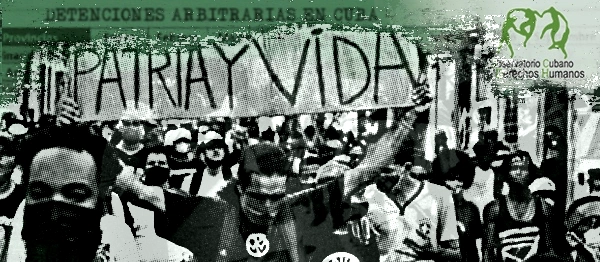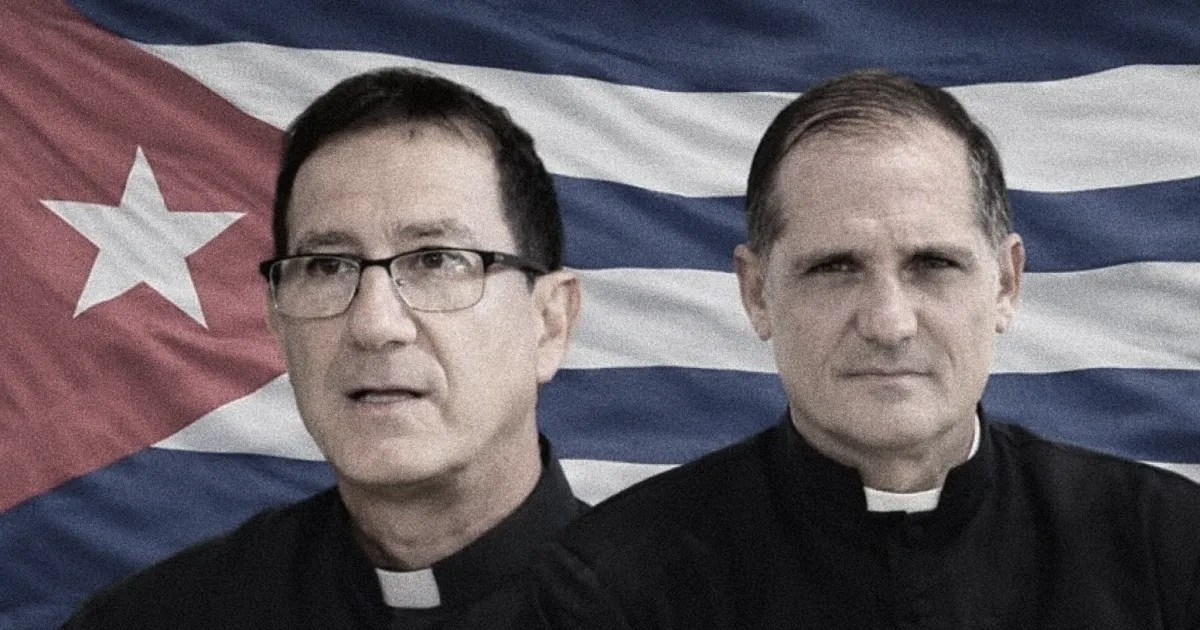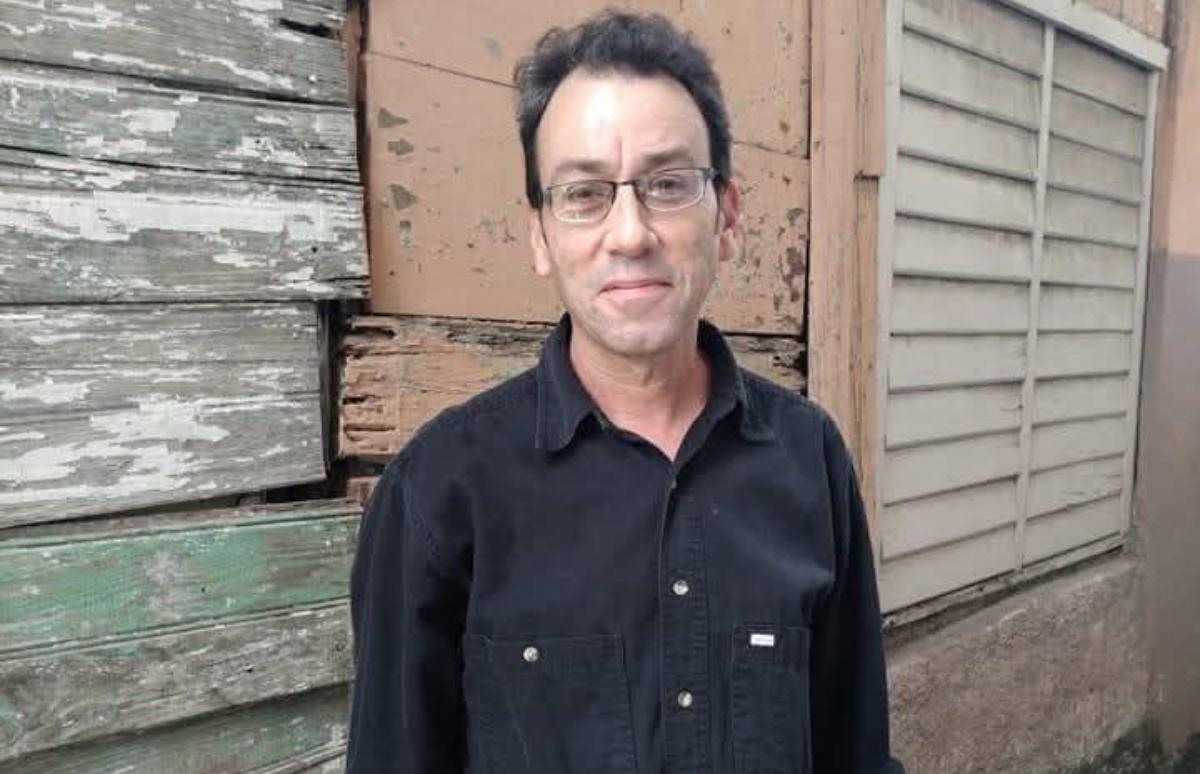Blackouts are now Cubans’ top concern, surpassing the food crisis for the first time. They are followed by the cost of living (inflation), wages, and public health.
Disapproval of the government is around 92%.
Madrid, 9 de septiembre de 2025
Methodology
1,344 interviews were conducted in all of the country’s provinces, distributed across 70 municipalities, randomly selected and with sample stratification by residential area, sex, age, and racial group.
The usual methodology for fieldwork is maintained: in-person surveys assisted by mobile devices for data entry. The surveys were conducted from June 8 to July 11, 2025.
To calculate the extreme poverty threshold, the organization considered the household’s monthly income reported in the survey, its correspondence with the dollar value over the previous six months, as well as the World Bank’s reference threshold (a personal daily income of less than $1.90). Thus, a household of three would need to earn the equivalent of $171 per month to avoid extreme poverty. Therefore, considering the above, it is concluded that at least 89% of Cubans remain in extreme poverty.
Extreme poverty in Cuba remains at 89%, and the intention to emigrate reaches 78%, according to the 8th Study on the State of Social Rights in Cuba, the results of which were released this Tuesday.
“Millions of Cubans live their lives between denial of the issues, persistent calls for resistance, and the authorities’ never-ending blaming of others due to the food crisis, the cost of living, poor wages, ineffective public health care, and constant blackouts,” noted the Observatory of Social Rights, a service of the Cuban Observatory of Human Rights (Observatorio Cubano de Derechos Humanos – OCDH).
For the first time, blackouts are Cubans’ top concern, narrowly surpassing the food situation (72% and 71%, respectively). These are followed by the cost of living (61%), wages (45%), and public health (healthcare and medicine, 42%). Despite official propaganda, issues such as the embargo and MSMEs are a minority concern among Cubans (3% and 2%, respectively).
Intention to emigrate on the rise
Of the Cubans surveyed, 78% wish to emigrate abroad or know someone who does. The intention to leave is significantly higher among the younger population and decreases with age. The preferred destination would be the United States (30%); however, it is noteworthy that 34% of those who wish to emigrate would do so to «anywhere they can get away,» indicating the urgency or seriousness of the current situation. China and Russia attract only 2% of those who want to emigrate.
No Food or Medicine
The food situation remains dire. Due to financial constraints or food shortages, seven out of ten Cubans skip breakfast, lunch, or dinner. The proportion drops to 8 out of 10 among those over 61 years of age. Only about a quarter of the population have not experienced any problems getting food.
The expense of medications has prevented 12% of the population from buying them, and shortages have prevented 13%. Only 3% have been able to obtain medications in pharmacies within the health system, which is entirely controlled by the state.
Eight out of ten Cubans barely make ends meet, and up to six of them struggle to pay for even the most basic of necessities.
Older Adults, the Hardest Hit
Older adults are once again considered the population segment most affected by the current problems (82% of those interviewed believe this), followed by people who do not receive outside assistance and those who are unemployed (62% and 34%, respectively).
Social awareness of prisoners as one of the hardest hit segments continues to grow, with 31% (a 5% increase since the previous survey).
Employment Situation
Unemployment remains at around 12%.
Among the unemployed population, 72% have been out of work for more than a year (an increase of 3% compared to 2024). Among young people in this situation, the figure rises to 81%, and 32% of the unemployed have been out of work for more than three years.
14% of those over 70 continue to work after retirement.
The state remains the main source of employment (48% of those surveyed who are employed), although a significant portion of these (9%) work for the state while also being employed in MSMEs or self-employed.
Assessment of the Regime’s Economic and Social Management
The study shows that Cubans overwhelmingly reject Castroism. Disapproval of the government is around 92%, while favorable approval is 5%. Regarding positive approval, it is worth noting that it drops to 3.39% among young people between 18 and 30 years old.
Remittances
The number of households receiving remittances has increased compared to 2024, reaching 37%.
The types of remittances are distributed more or less equally: food or medicine packages (55%), mobile phone top-ups online (58%), and cash transfers (57%).
52% of those who receive remittances receive them every two or three months; 29% receive them monthly, and 19% less frequently (once or twice a year).
While 44% declined to disclose the amount they receive, the majority of those who did (23%) admitted to receiving the equivalent of between $51 and $100 USD.
Further evaluations
«In July, the now former Minister of Labor and Social Security denied the existence of beggars in Cuba: ‘There are no beggars in Cuba… There are people who pretend to be beggars to make easy money,” disregarding the fact that 89% of Cuban families live in extreme poverty,» for whom getting a plate of food or medicine is a heroic act. «But the official’s words would be anecdotal if it weren’t for the disconnection and indifference to people’s problems that characterizes the entire regime,» stated the OCDH.
«As in previous reports, this eighth report provides objective data to the investigation into the state of social rights on the island; at the same time, it reveals the seriousness of a situation that requires urgent solutions, not only temporary but also, and primarily, structural.»
«To address widespread poverty and the serious crisis of social rights, the country must transition toward a market economy that respects private property, free enterprise, legal certainty, and foreign investment. Legal, financial, educational, and cultural conditions must be created so that every Cuban can pursue their life plan freely and without paternalism. This must be accompanied by high social sensitivity and public policies that support those most in need,» the OCDH concluded.





